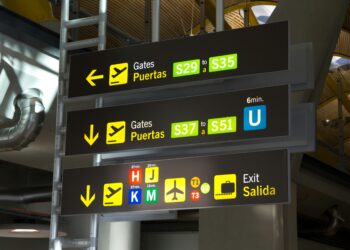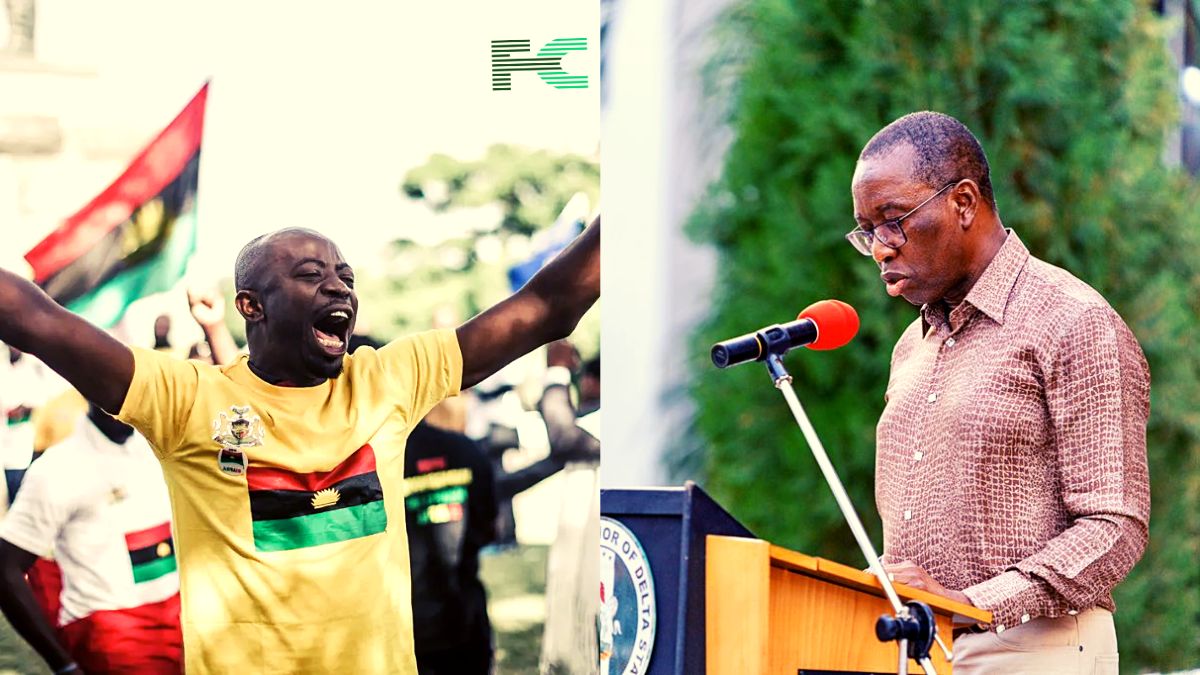In Libya’s eastern city of Derna, a tragic dilemma unfolds as residents grapple with the aftermath of a devastating flood that struck a week ago. Thousands of people are believed to have lost their lives when two dams above the city broke on September 10th, washing away homes as people slept. According to the United Nations, more than 1,000 bodies have already been laid to rest in mass graves, but many more remain missing.
As the sun rose on Sunday, the city revealed a scene of utter devastation, with rubble lining the deserted streets and wreckage, including pieces of cars, strewn about. Residents like Hamad Awad found themselves facing an agonizing choice, whether to stay and attempt to clean their area or flee, despite the absence of fresh water and the lurking danger of displaced landmines.
The scale of destruction is immense, with entire districts of Derna, a city of approximately 120,000 people, either washed away or buried in mud. Reports indicate that at least 891 buildings have been destroyed, and the city’s mayor has grimly suggested that 20,000 lives may have been lost.
The situation remains uncertain, leaving residents like Wasfi in a state of confusion and desperation. With limited access to water and resources, they are torn between conflicting advice, unsure of the best course of action.
Adding to the tragedy, a report from the UN’s Office for the Coordination of Humanitarian Affairs (OCHA) highlights the poisoning of at least 55 children due to polluted water in Derna. Homeless survivors are now seeking refuge in makeshift shelters, schools, or with relatives and friends.
The floodwaters have also displaced landmines and ordnance from previous conflicts, posing additional risks to the displaced population on the move.
While aid organizations and some countries have offered assistance, the enormity of the crisis demands more support. Hassan Awad, a resident of Derna, expressed gratitude for the aid received but emphasized the need for continued assistance.
Libya’s recent history, marred by conflict and a lack of a strong central government since 2011, exacerbates the challenges of managing this disaster. Though there is some coordination between rival administrations in the east and west, the reconstruction efforts may stir political tensions.
As for combating such issues, preparedness and effective disaster response are crucial. Ensuring infrastructure resilience, early warning systems, and effective coordination between regional authorities can help mitigate the impact of natural disasters. Libya, like many nations, faces unique challenges in this regard, given its complex political landscape.
The tragic events in Libya serve as a stark reminder of the devastating consequences of natural disasters and the importance of proactive measures to protect vulnerable communities.














